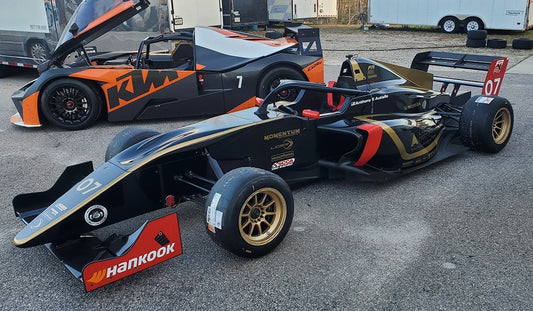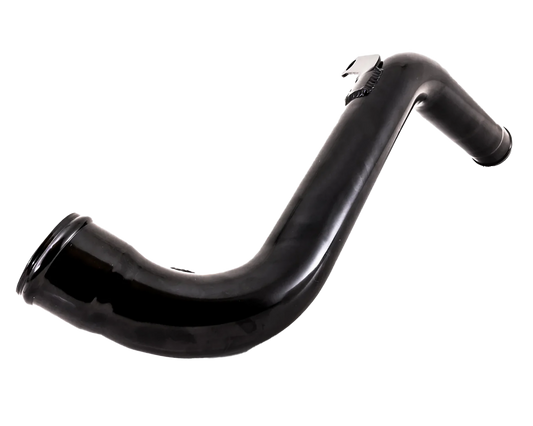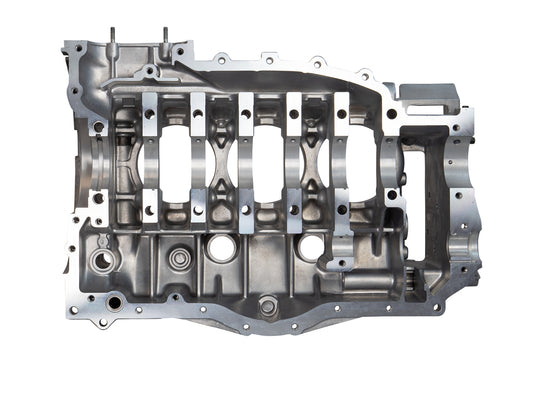Unless you rebuilding an engine with little to no budget you're going to upgrade to aluminum forged pistons. Besides being stronger than cast pistons, the lighter aluminum cuts parasitic power loss. That translates into more power at the wheels.
Forged pistons are typically offered in two types of material, 4032 alloy, and 2618 alloy. While both types of material can be interchangeable, there are distinct differences in how the alloys perform in extreme conditions that can impact the performance of your engine.
4032 is a high-silicon, low-expansion alloy. Pistons made from this alloy can be installed with tighter piston-to-bore clearance, resulting in a tighter seal with less noise. 4032 is a more stable alloy, so it will retain characteristics such as ring groove integrity, for longer life cycle applications. Relative to 2618, 4032 is a less ductile alloy, making it less forgiving when used in motorsport applications with high cylinder pressures.
2618 is a low-silicon, high-expansion alloy that is used for high boost and extreme-duty racing applications such as Touring Car, Formula, and Rally. Due to its high-expansion characteristic, this alloy is engineered with additional piston-to-bore clearance. At the start of a cold engine, the piston's expanding process may be heard and is commonly referred to as the "piston slap". Once the engine warms up the noise subsides as the piston expands to its running clearance. 2618 is a more ductile alloy and grants higher tolerances with higher resistance to detonation. The forgiving characteristics allow for the most extreme conditions. Just remember to warm up the engine before extreme use.
Piston Alloy Comparison
| 4032 | 2618 |
| High silicon | No silicon |
| Low expansion | High expansion |
| Tighter piston-to-wall clearance | More Piston-to-wall clearance needed |
| Quiet Operation | Noise when cold |
| Less ductile | More ductile |
| Higher resistance to detonation | |
| Harder | Softer |
For most “street” applications and engines with light upgrades, 4032 alloy is a good choice. For engines that will see track time or with substantial upgrades in power and torque, 2618 may be a better option.




